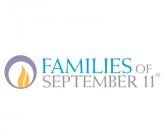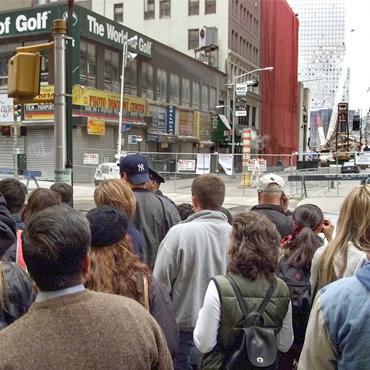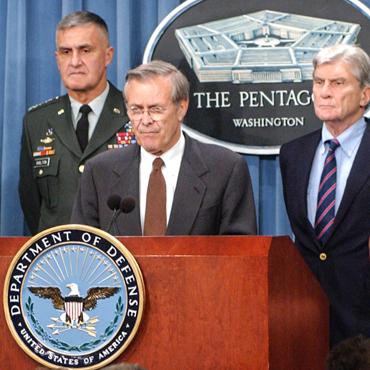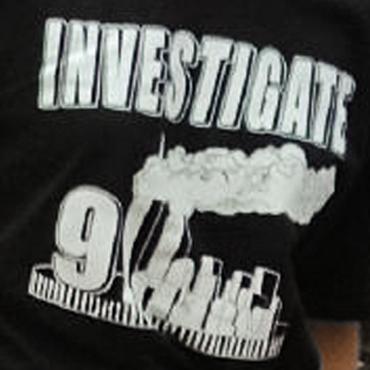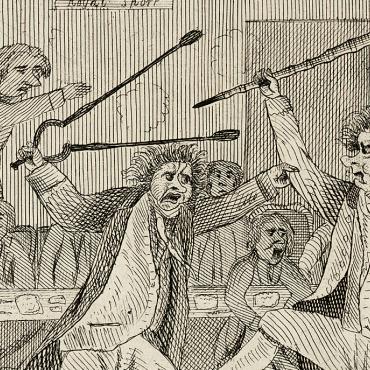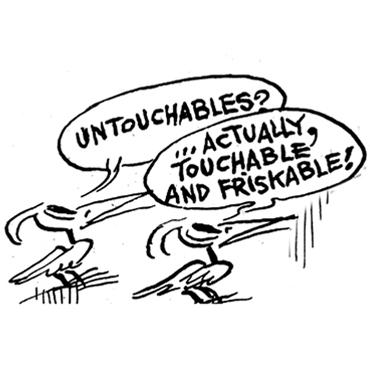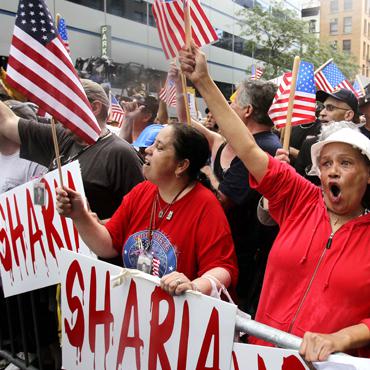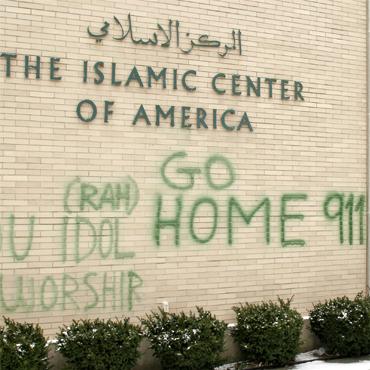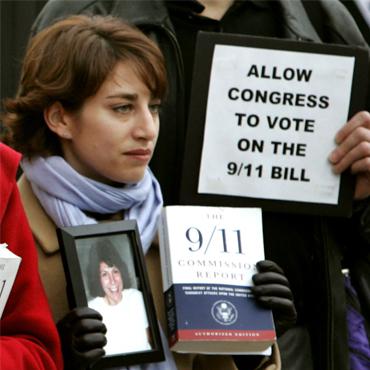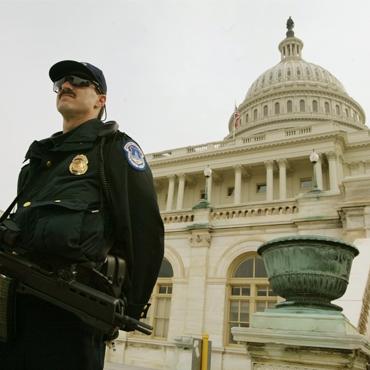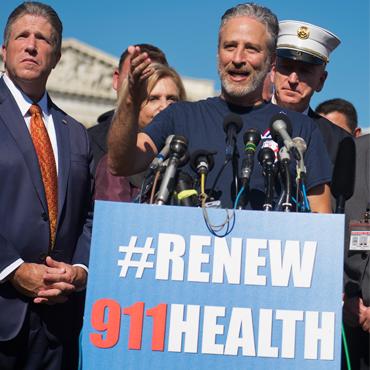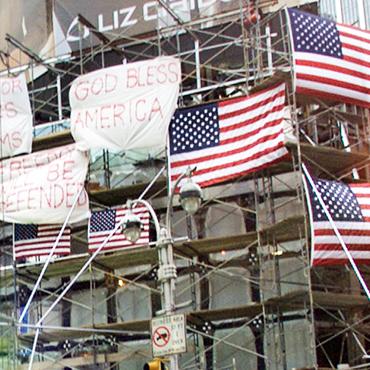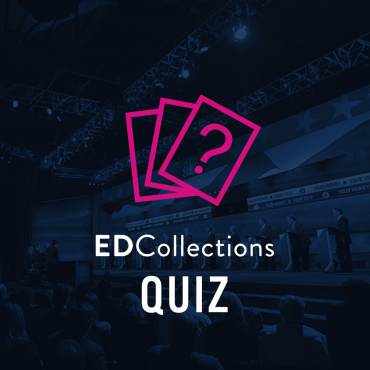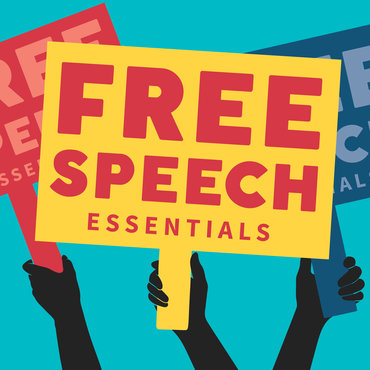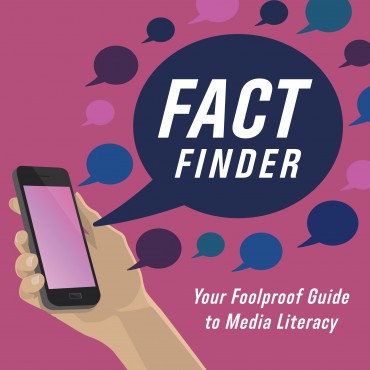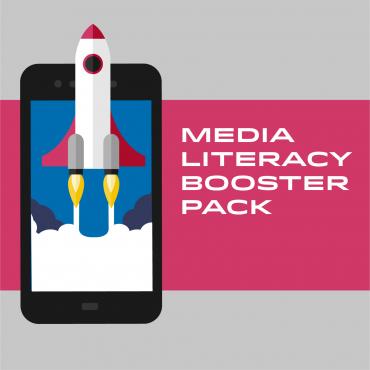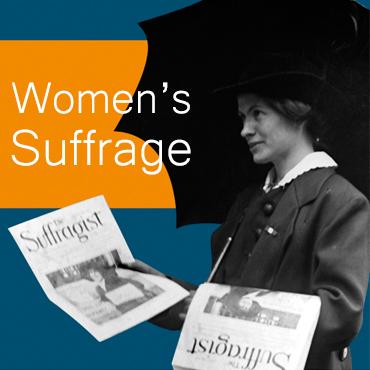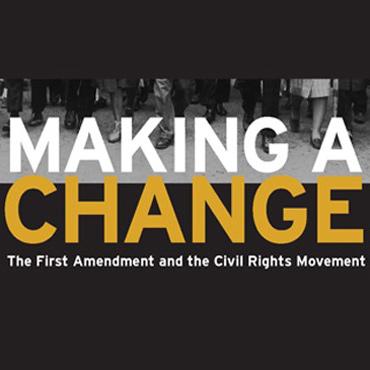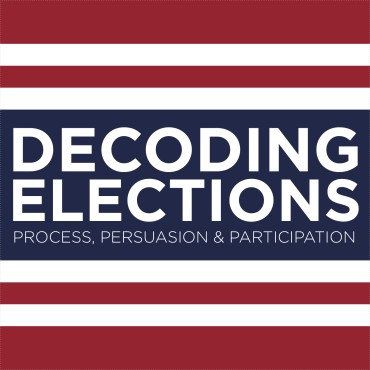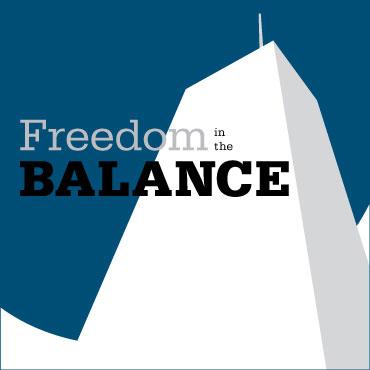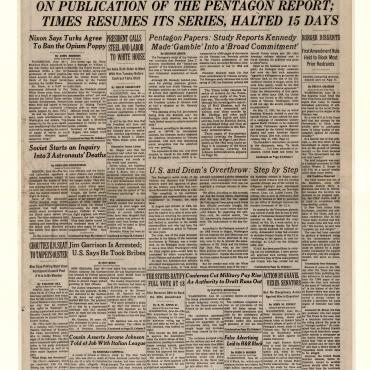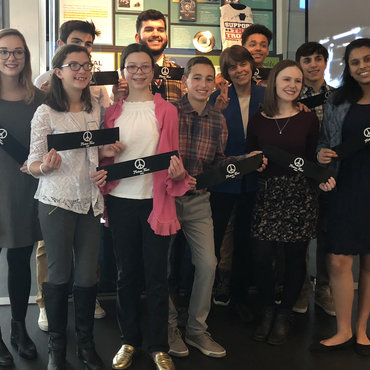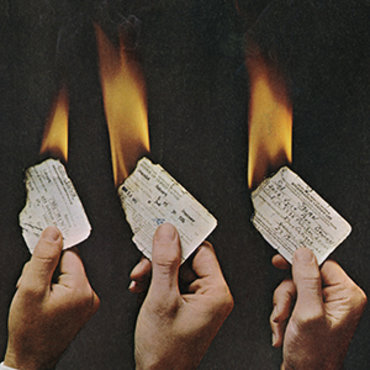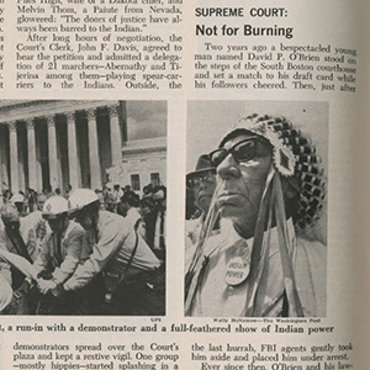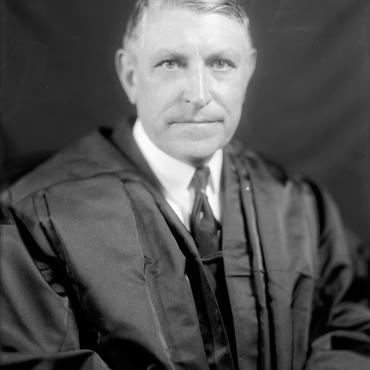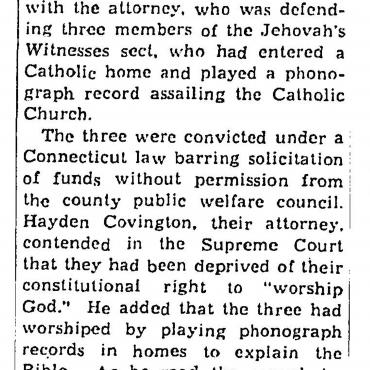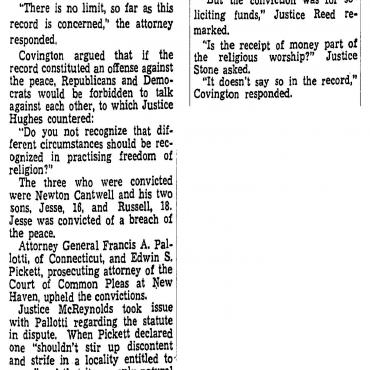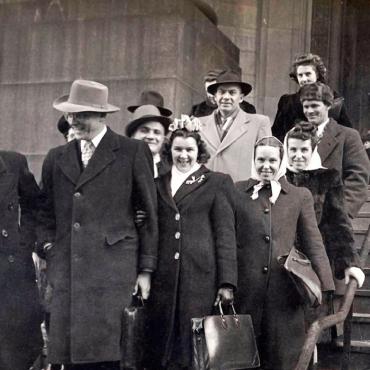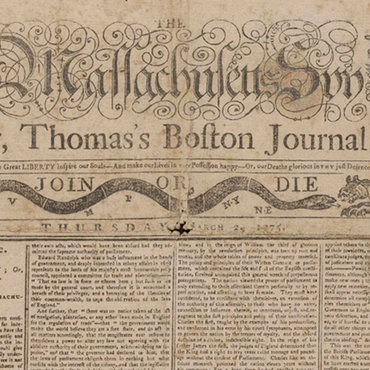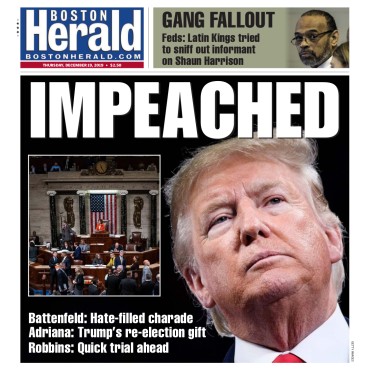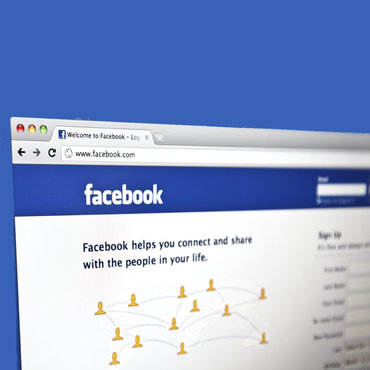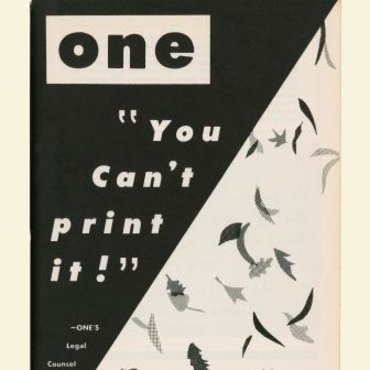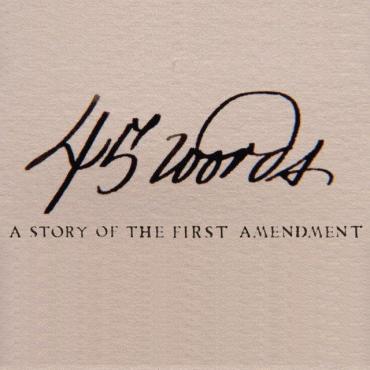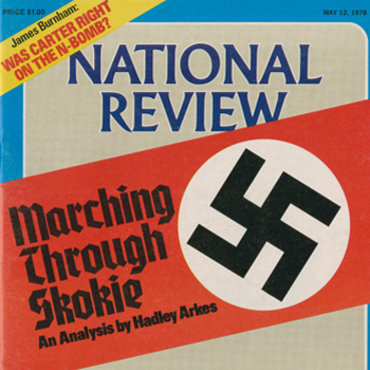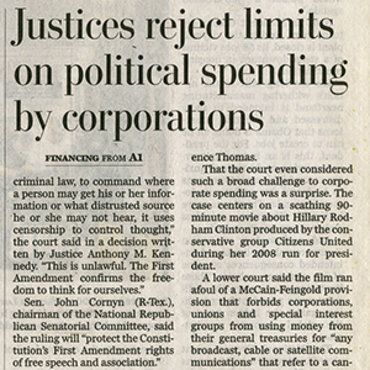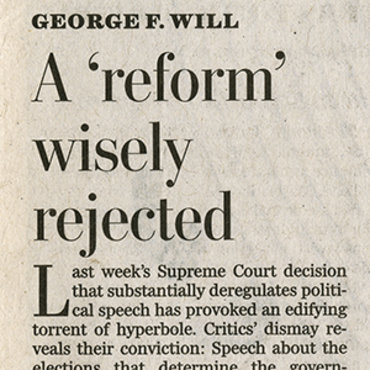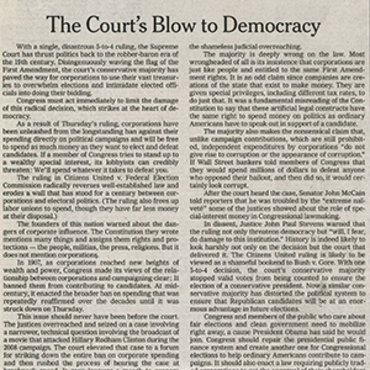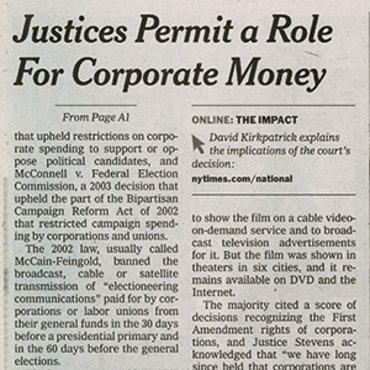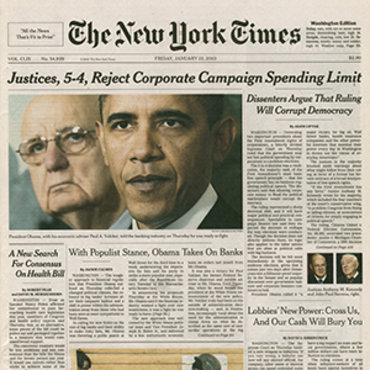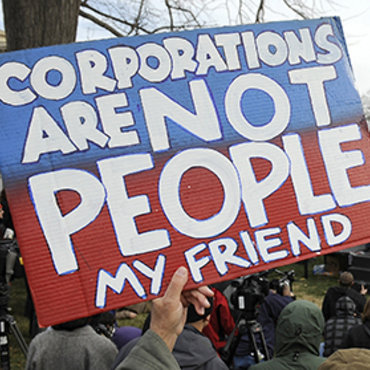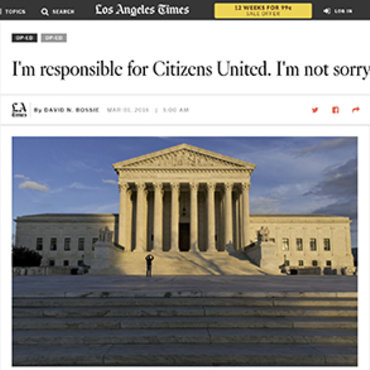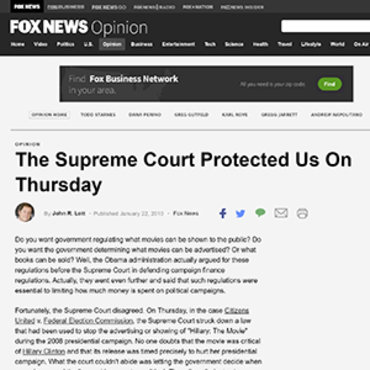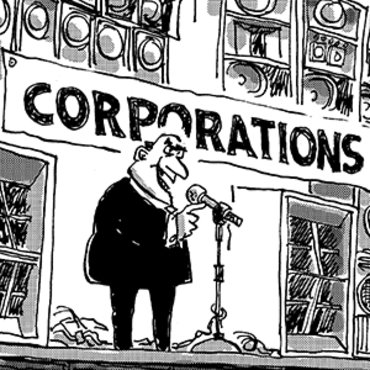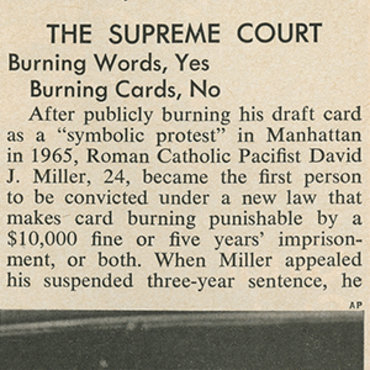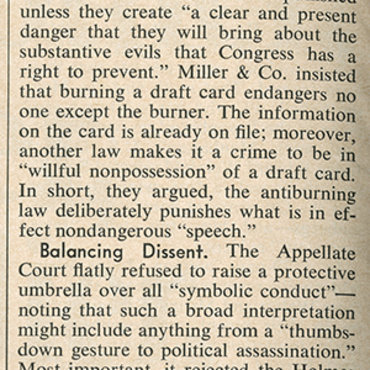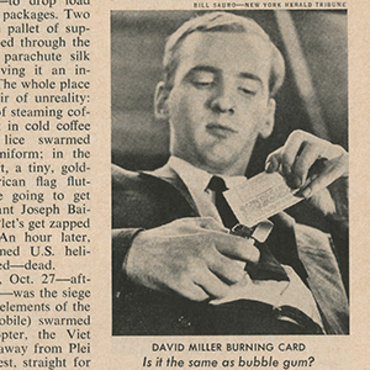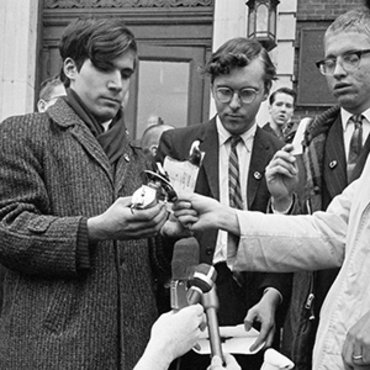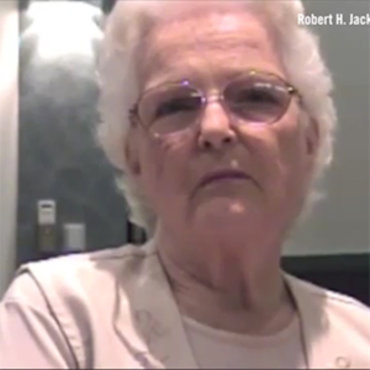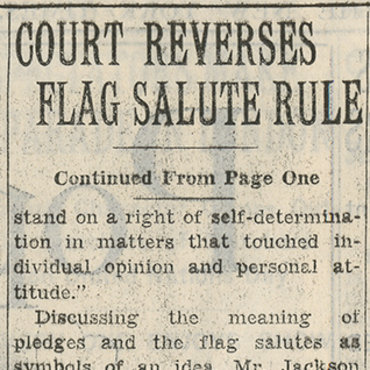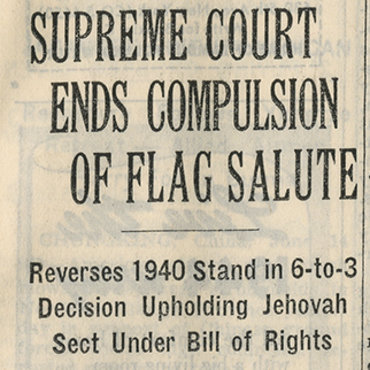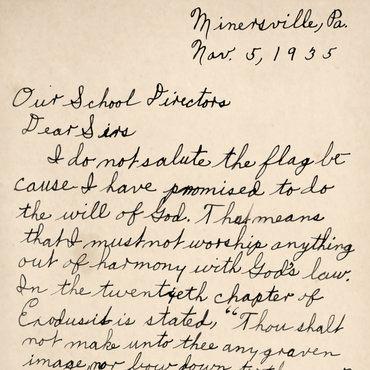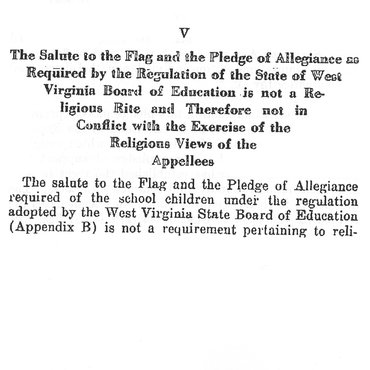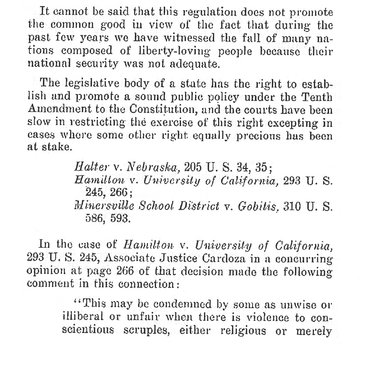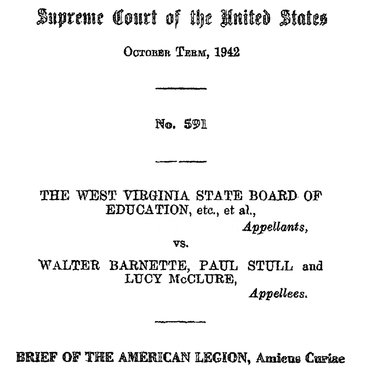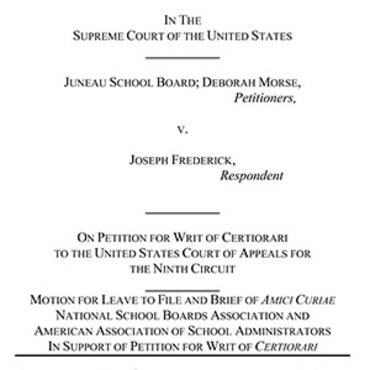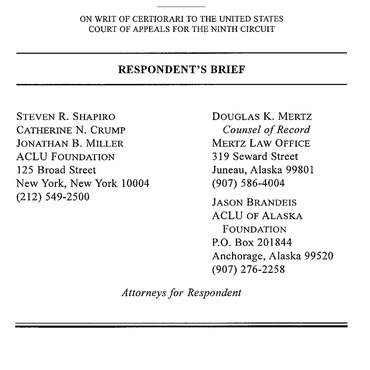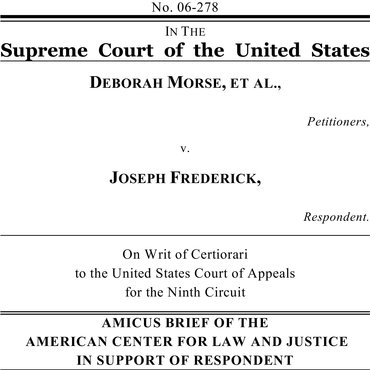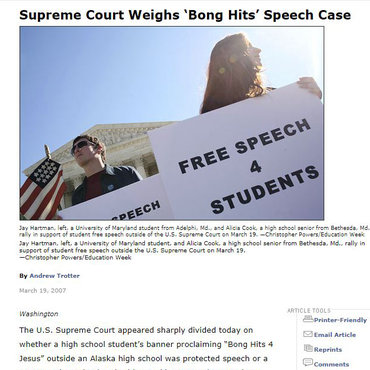1971: Pentagon Papers Test Limits of a Free Press
Should a major newspaper publish a top-secret study of the Vietnam War over government objections?
Get even more great free content!
This content contains copyrighted material that requires a free NewseumED account.
Registration is fast, easy, and comes with 100% free access to our vast collection of videos, artifacts, interactive content, and more.
NewseumED is provided as a free educational resource and contains copyrighted material. Registration is required for full access. Signing up is simple and free.
With a free NewseumED account, you can:
- Watch timely and informative videos
- Access expertly crafted lesson plans
- Download an array of classroom resources
- and much more!
This Critical Debate is part of a Debate Comparison:
See all Debate Comparisons- Constitution
- National Security
- Supreme Court
- Vietnam War
- 9-12
- College/University
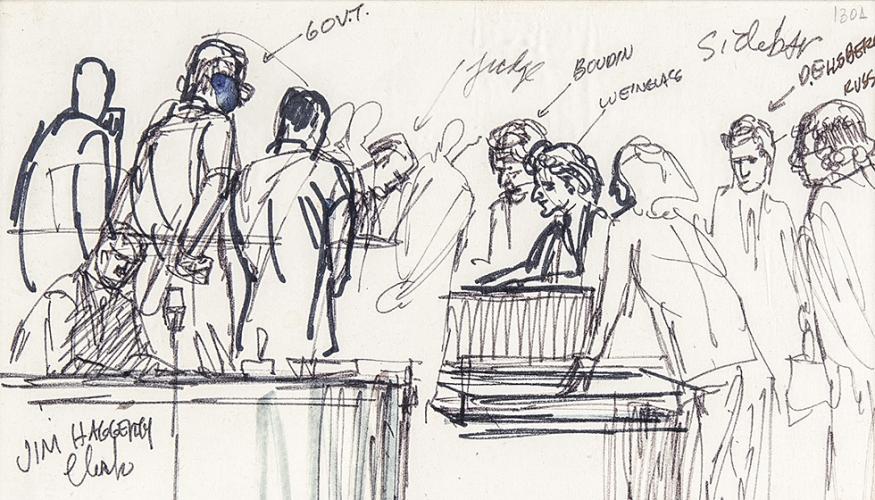
Because many courtrooms prohibit photography, artists sketch out scenes to create a visual record of important trials, such as this one involving the Pentagon Papers.
- Pass out and read the Pentagon Papers case study scenario. Check for comprehension and ask students to identify the First Amendment freedom(s) at issue in this case.
- Break your class into small groups and assign each group one of the people/perspectives. Hand out copies of the Organizing Evidence and Present Your Position worksheets. Give groups 30 minutes to look at the primary sources online and answer the worksheet questions.
- Have each group present their position and arguments. Keep the gallery of case study sources on NewseumED.org open so students can refer to the sources as they explain their reasoning.
- Case study handout, one per student (download)
- Organizing Evidence and Present Your Position worksheets, one of each per group (download)
- Case study primary sources (in artifact viewer below)
- NewseumED Pentagon Papers Related Resources Pinterest Board (optional)
Does freedom of press include the right to print classified information about controversial government actions?
The United States is embroiled in a war in Vietnam that has claimed thousands of service members’ lives. At home, the American public remains locked in a heated debate over whether the U.S. should continue fighting the war, as there remains no end in sight.
The secretary of defense has assembled a team of 30-40 people – government officials, civilian and military – to secretly study the history of U.S. policy in Vietnam. The study finds four consecutive presidents have supported the war, despite having information that the U.S. is suffering heavy losses and unlikely to win. The presidents have lied to the public and Congress.
One of the team members, Daniel Ellsberg, becomes convinced that the American public needs to see the report. He secretly photocopies and shares it with The New York Times. The newspaper’s legal team warns that publishing classified government information could violate the law, but the publisher decides to proceed. On June 13, 1971, the Times begins publishing a series of articles on the Pentagon Papers.
The government gets a restraining order to temporarily halt publication of further stories and the Times sues. Legal teams on both sides prepare their arguments for a high-stakes debate over freedom of the press and national security.
Take the role of a historical figure below and find evidence to argue your case.
-
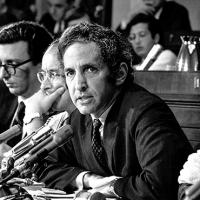 ?Daniel Ellsberg knew leaking classified information was illegal, but believed the U.S. government had not been honest with the public about the Vietnam War.The Associated Press
?Daniel Ellsberg knew leaking classified information was illegal, but believed the U.S. government had not been honest with the public about the Vietnam War.The Associated PressDaniel Ellsberg, defense consultant working on the Pentagon Papers
The American public has a right to know about its government’s actions, especially in the case of controversial actions that directly affect the people. Keeping those actions secret is wrong, and I am willing to break the law to prove this point.
“What these studies tell me is we must remember this is a self-governing country. We are the government. And in terms of institutions, the Constitution provides for separation for powers, for Congress, for the courts, informally for the press, protected by the First Amendment. … I think we cannot let the officials of the executive branch determine for us what it is that the public needs to know about how well and how they are discharging their functions.”
-
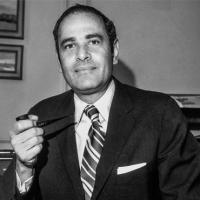 ?Arthur Ochs Sulzberger believed in the responsibility of the free press to serve as a watchdog, reporting on the government and informing the public.The Associated Press
?Arthur Ochs Sulzberger believed in the responsibility of the free press to serve as a watchdog, reporting on the government and informing the public.The Associated PressArthur Ochs Sulzberger Sr., publisher of 'The New York Times'
The press has a responsibility to keep the government in check and inform the public about what is happening in their democracy. If the Pentagon Papers are true, we should make them public; it doesn’t matter how they were obtained.
“This was not a breach of the national security. We gave away no national secrets. We didn’t jeopardize any American soldiers or Marines overseas. [If you’re the government] it’s a wonderful way if you’ve got egg on your face to prevent anybody from knowing it, stamp it secret and put it away.”
-
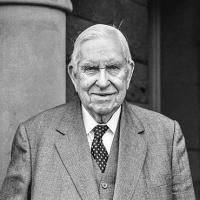 ?As U.S. solicitor general, Erwin Griswold was responsible for representing the government before the Supreme Court in the Pentagon Papers case.Martha Stewart/Courtesy of Historical & Special Collections, Harvard Law School Library
?As U.S. solicitor general, Erwin Griswold was responsible for representing the government before the Supreme Court in the Pentagon Papers case.Martha Stewart/Courtesy of Historical & Special Collections, Harvard Law School LibraryU.S. Solicitor General Erwin Griswold
The government must have the ability to decide which information is too sensitive to be shared with the public. At a time of war, releasing certain information could negatively affect war efforts or even cost lives, and the press should not be free to judge what information is acceptable to publish without any government input.
“I haven't the slightest doubt myself that the material which has already been published and the publication of the other materials affect American lives and is a thoroughly serious matter. I think to say that it can only be enjoined if there will be a war tomorrow morning, when there is a war now going on, is much too narrow."
-
Who stands to benefit from publishing the Pentagon Papers? Who could be harmed?
-
What are the dangers of using leaked information?
-
What issues should The New York Times consider in deciding whether to publish the classified material?
-
Why would the U.S. government not want the study published?
-
How might the government or news media be emboldened by a court decision in its favor?
-
What does the public have a right to know? What does the public need to know? Who should be making those decisions?
-
Common Core State Standards: CCSS.ELA-LITERACY.CCRA.SL.1
Prepare for and participate effectively in a range of conversations and collaborations with diverse partners, building on others' ideas and expressing their own clearly and persuasively.
-
NCSS C3 Framework: D4.1.6-8 and D4.1.9-12
6 - 8: Construct arguments using claims and evidence from multiple sources, while acknowledging the strengths and limitations of the arguments. 9 - 12: Construct arguments using precise and knowledgeable claims, with evidence from multiple sources, while acknowledging counterclaims and evidentiary weaknesses.
-
National Center for History in the Schools: NCHS.US History.Era 9
Standard 1: The economic boom and social transformation of postwar United States Standard 2: How the Cold War and conflicts in Korea and Vietnam influenced domestic and international politics Standard 3: Domestic policies after World War II Standard 4: The struggle for racial and gender equality and for the extension of civil liberties
-
Center for Civic Education: CCE.II
A. What is the American idea of constitutional government? B. What are the distinctive characteristics of American society? C. What is American political culture? D. What values and principles are basic to American constitutional democracy?
